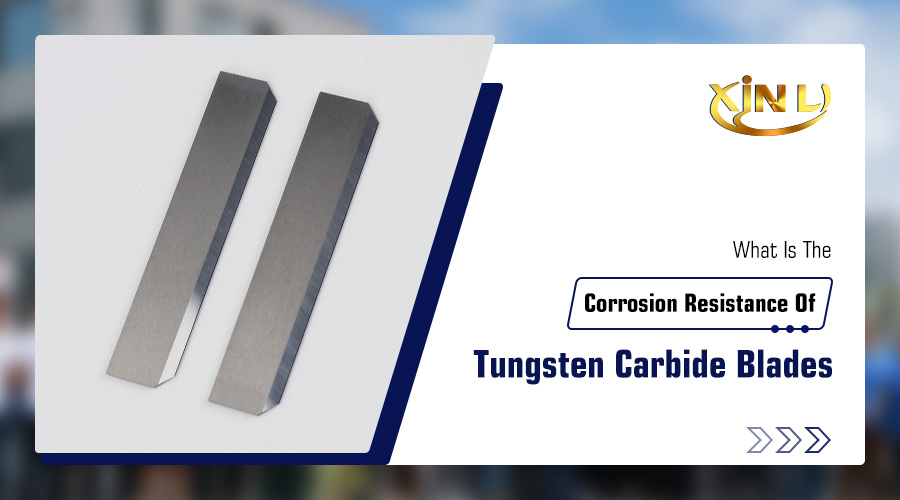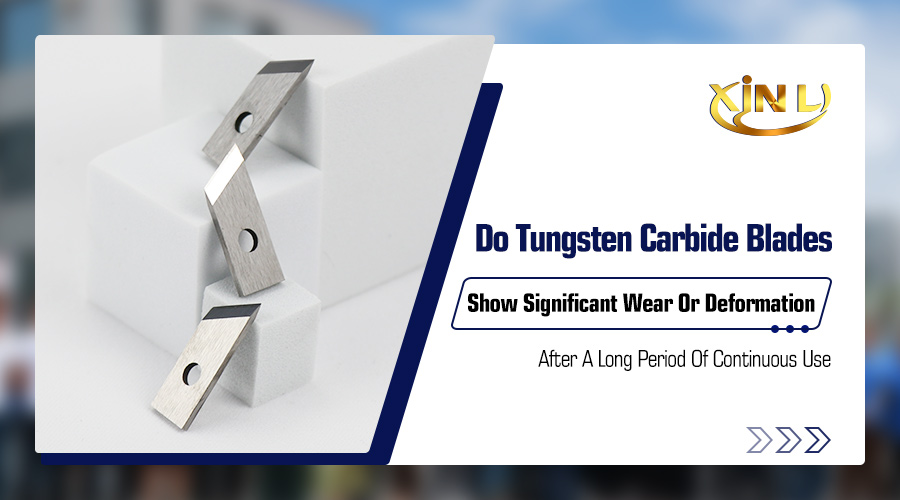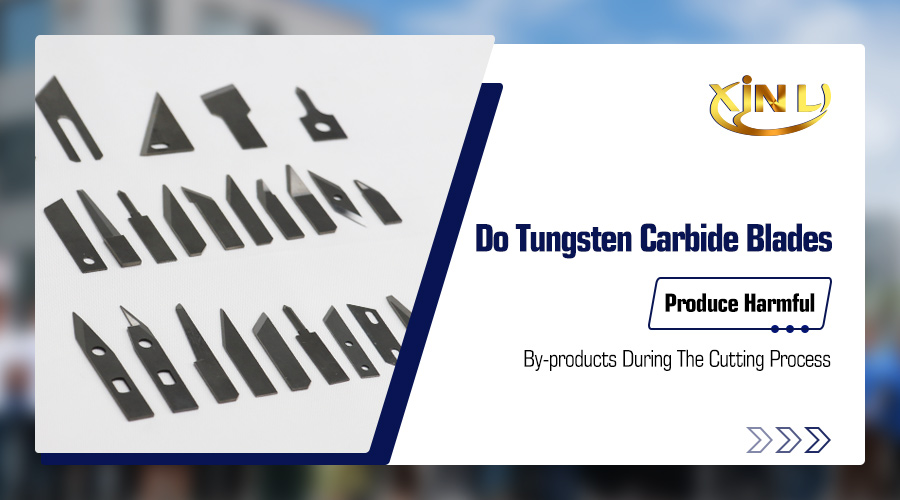In the industrial field, tungsten carbide blades have been attracting a lot of attention for their unique performance. Today, this article will delve into the corrosion resistance of tungsten steel knives to find out in which environments it can maintain its excellent performance.
Tungsten carbide, also known as cemented carbide, is a high-performance metal composite material. Its main components include tungsten carbide (WC) and cobalt (Co) or other bonding metals. This unique combination gives tungsten steel a range of excellent properties, including outstanding corrosion resistance.
First, it is important to understand what corrosion resistance is. Simply put, corrosion resistance is the ability of a material to resist chemical attack in a corrosive environment. For knives, corrosion resistance is especially important because it is directly related to the service life and performance stability of the knife.
Tungsten carbide knives excel in corrosion resistance. This is due to its high tungsten carbide content. Tungsten carbide is an extremely stable compound that is chemically inert. This means that it does not react easily with other chemicals and therefore remains stable in a wide range of corrosive environments. Whether it is a humid environment or one that contains corrosive substances such as acids and alkalis, tungsten carbide knives are able to demonstrate their excellent resistance to corrosion.
In addition to the contribution of tungsten carbide, the bonding metals in tungsten carbide also play a key role. These bonding metals not only enhance the overall strength and toughness of tungsten carbide, but also further improve its corrosion resistance. Like a tie, they connect tungsten carbide particles closely together to form a strong and stable whole.
The corrosion resistance of tungsten carbide blades has been well proven in practical applications. For example, in the food processing industry, knives often need to come into contact with various acids and alkalis. If knives made of ordinary steel are used, they are easily eroded in these corrosive environments, resulting in performance degradation or even damage. Tungsten carbide knives, on the other hand, can easily meet these challenges, maintaining their sharp edges and stable performance.
In addition, the corrosion resistance of tungsten carbide knives also makes them widely used in fields such as marine engineering and chemical engineering. In these fields, knives often need to face more harsh corrosive environments. And tungsten carbide knives have become the ideal choice in these fields due to their excellent corrosion resistance.
Of course, some limitations of tungsten carbide knives in terms of corrosion resistance should not be ignored. Although tungsten carbide is highly chemically inert, its corrosion resistance may be affected under certain extreme conditions, such as strong acid, strong alkali or high temperature and high pressure environments. Therefore, when choosing and using tungsten carbide knives, we need to make comprehensive consideration according to specific application scenarios and needs.
To summarize, tungsten carbide knives excel in corrosion resistance and can remain stable in a variety of corrosive environments. This makes it an ideal choice for food processing, marine engineering, chemical industry and other fields. Of course, we also need to choose the right knife material according to the specific application scenarios and needs to ensure the performance and service life of the knife.







